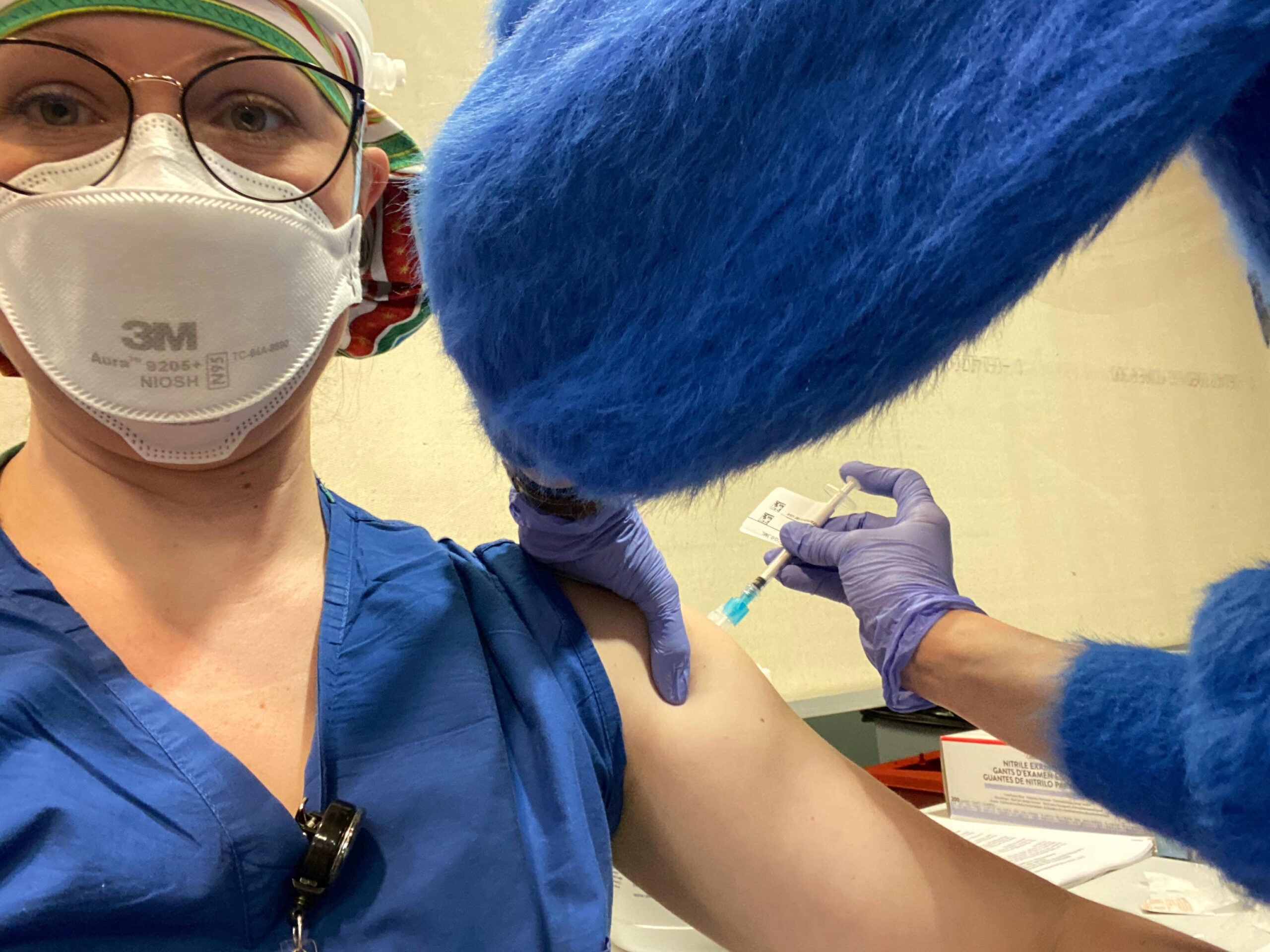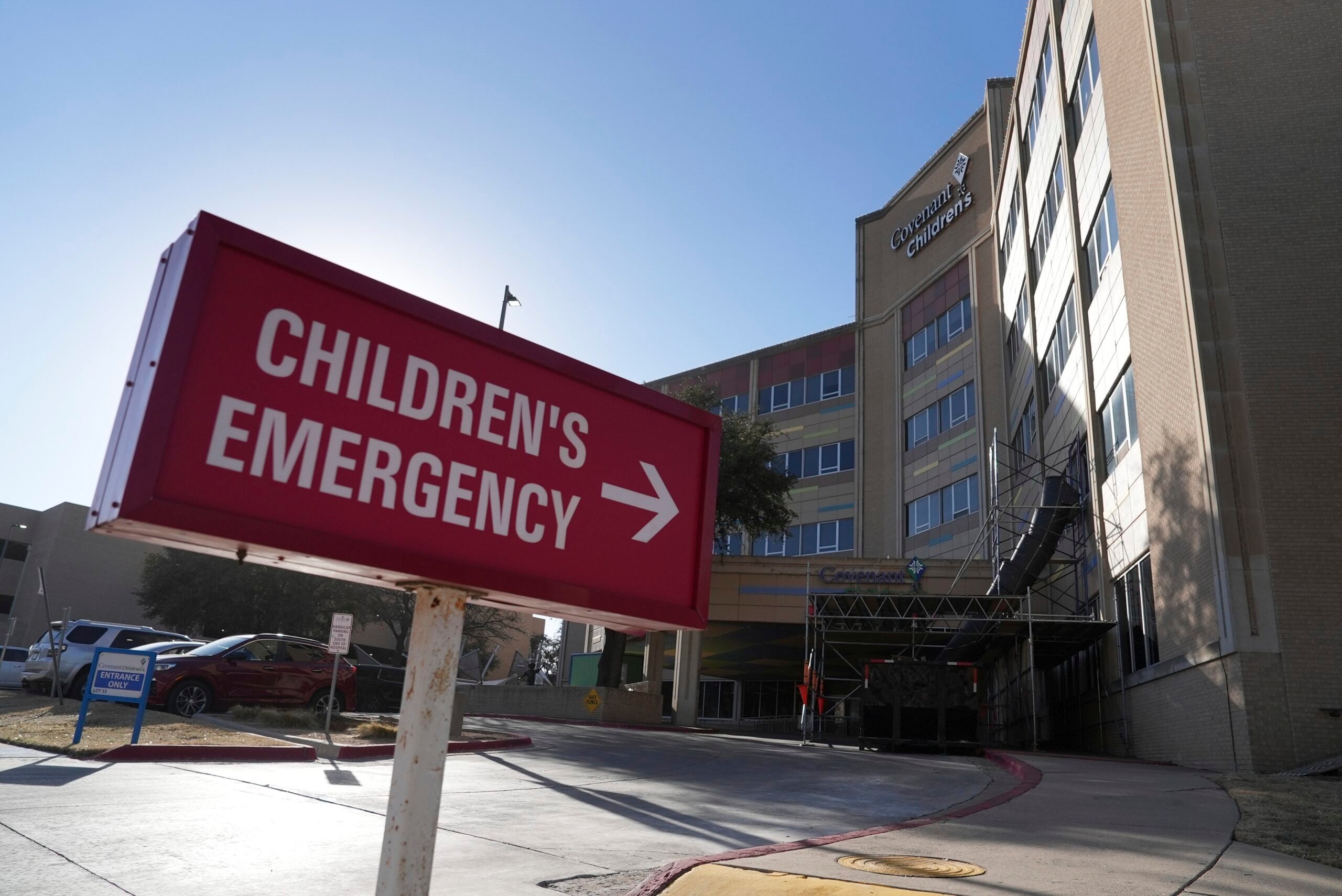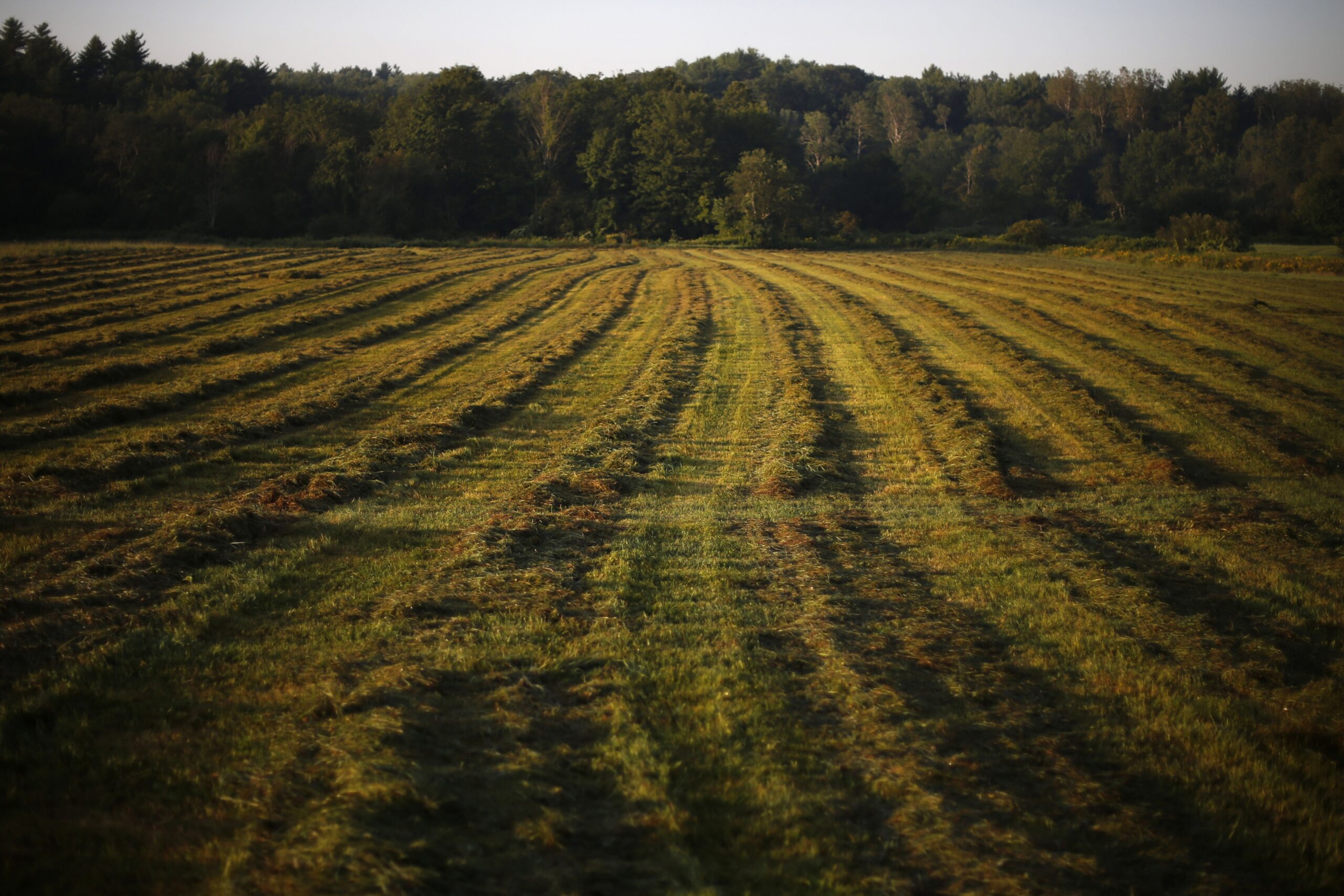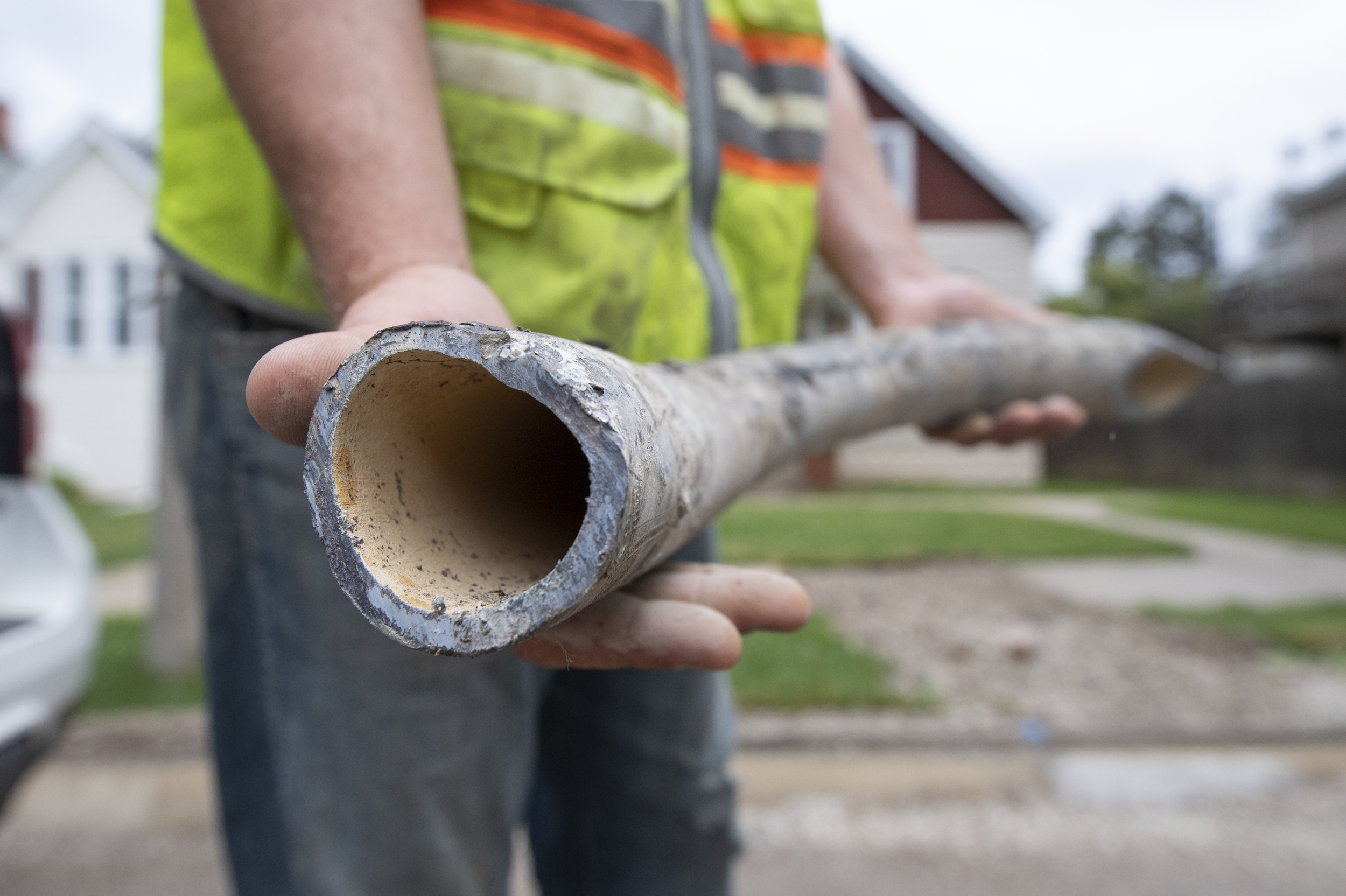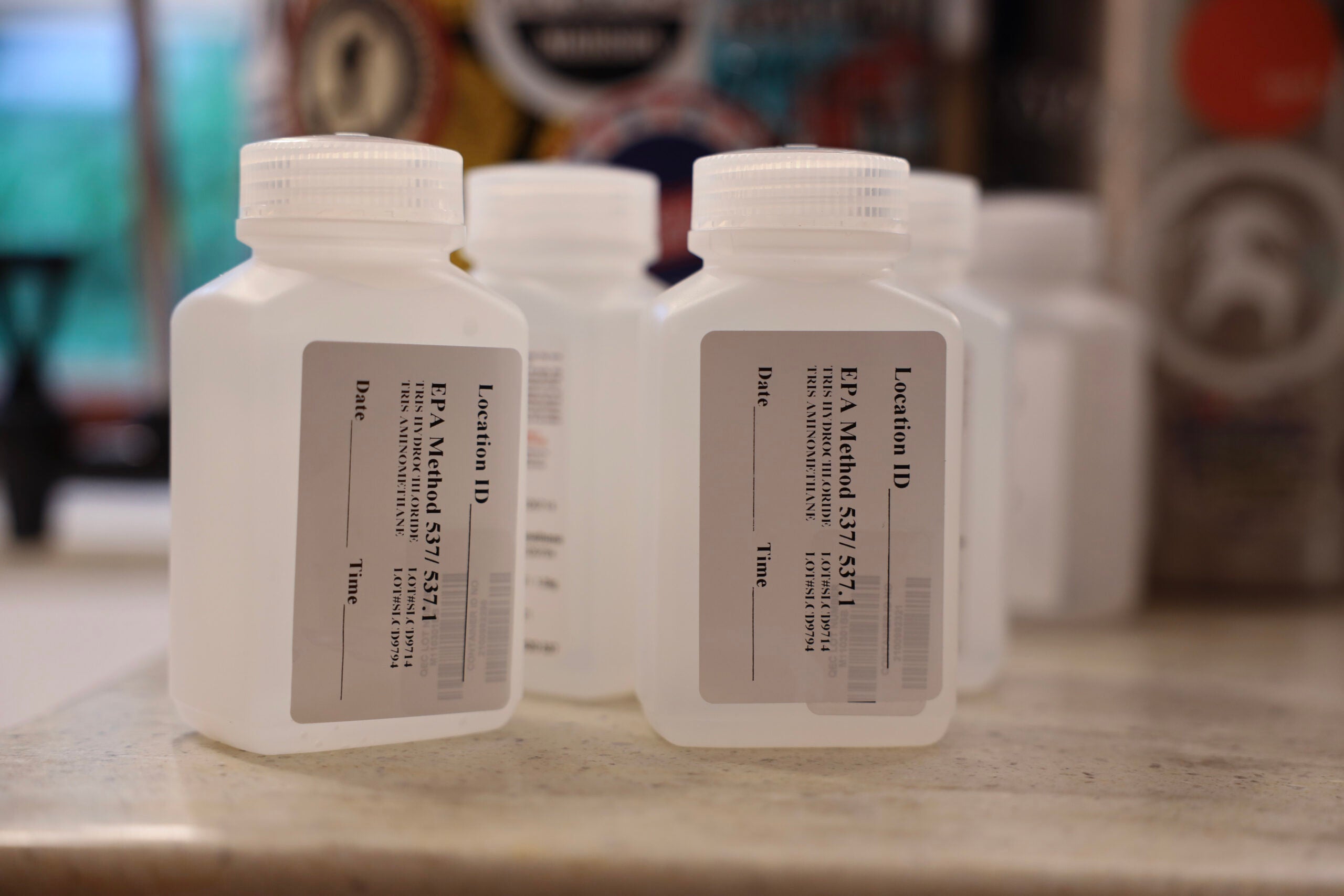Mariah Clark awoke on Dec. 16 to an exciting text message from her supervisor: She would get her first dose of the coronavirus vaccine the next day.
“I knew that we’d be among the first” to get vaccinated, said Clark, whose work as an emergency department nurse at UW Health in Madison puts her in direct contact with COVID-19 patients and elevates her to the top tier of people recommended for vaccination.
“I didn’t think I would be getting it quite so soon,” she said.
Stay informed on the latest news
Sign up for WPR’s email newsletter.
Health care workers were among the first in Wisconsin on Dec. 14 to receive doses of the new Pfizer vaccine as the state’s first shipments arrived. Wisconsin was among states receiving fewer doses of the Pfizer vaccine than initially expected from the federal government, which Gov. Tony Evers called “unacceptable.” The U.S. Food and Drug Administration has also approved a second vaccine developed by Moderna.
Clark described the science behind the rapid development of the vaccines as both “amazing” and “fascinating.”
“While mRNA vaccination is new, mRNA vaccine research is not,” she said, referring to the approach used in the new vaccines to trigger an immune response. “And I am very comfortable getting this vaccine.”
The vaccines’ rapid development and rollout has left little time for public health officials to answer questions about the vaccines.
Still unclear, for example, is whether someone who receives a vaccine can still spread the virus to someone else. Health care providers are encouraging everyone to continue basic precautions to limit the virus’ spread: Wear a mask, keep a distance and wash your hands.
Still, Clark can’t help but feel excited. [[{“fid”:”1408871″,”view_mode”:”embed_portrait”,”fields”:{“format”:”embed_portrait”,”alignment”:”right”,”field_image_caption[und][0][value]”:”%3Cp%3E%22I’m%20excited%20to%20help%20protect%20my%20patients%2C%20and%20to%20help%20protect%20my%20family%20and%20to%20help%20protect%20myself%2C%22%20said%20emergency%20room%20nurse%20Mariah%20Clark%20upon%20learning%20she%20would%20receive%20the%20coronavirus%20vaccine%20on%20December%2017.%26nbsp%3B%3Cem%3EPhoto%20courtesy%20of%20Mariah%20Clark%3C%2Fem%3E%3C%2Fp%3E%0A”,”field_image_caption[und][0][format]”:”full_html”,”field_file_image_alt_text[und][0][value]”:”a nurse with a bandaid on her arm”,”field_file_image_title_text[und][0][value]”:false},”type”:”media”,”field_deltas”:{“3”:{“format”:”embed_portrait”,”alignment”:”right”,”field_image_caption[und][0][value]”:”%3Cp%3E%22I’m%20excited%20to%20help%20protect%20my%20patients%2C%20and%20to%20help%20protect%20my%20family%20and%20to%20help%20protect%20myself%2C%22%20said%20emergency%20room%20nurse%20Mariah%20Clark%20upon%20learning%20she%20would%20receive%20the%20coronavirus%20vaccine%20on%20December%2017.%26nbsp%3B%3Cem%3EPhoto%20courtesy%20of%20Mariah%20Clark%3C%2Fem%3E%3C%2Fp%3E%0A”,”field_image_caption[und][0][format]”:”full_html”,”field_file_image_alt_text[und][0][value]”:”a nurse with a bandaid on her arm”,”field_file_image_title_text[und][0][value]”:false}},”link_text”:false,”attributes”:{“alt”:”a nurse with a bandaid on her arm”,”class”:”media-element file-embed-portrait media-wysiwyg-align-right”,”data-delta”:”3″}}]]
“I’m really happy that this is happening,” she said. “I’m happy to be part of history — in one of the more significant mass vaccination campaigns of my lifetime. I’m excited to get the fastest developed vaccines in recent history.”
The vaccine will protect Clark’s patients, her family and, of course, herself. She said she hopes her example will encourage others to get the shot as it becomes more widely available in 2021.
“I hope this helps us return to something resembling the normalcy we knew before,” she said.
Outbreak Wisconsin is a collaborative project by Wisconsin Watch and WPR following Wisconsin residents as they navigate life during the coronavirus pandemic. The residents will contribute diary entries, in the form of audio, video, text, drawings and photos of themselves, their families and personal and professional lives. That content will be supplemented by interviews and digital content to provide a full picture of how the pandemic is affecting all aspects of life in Wisconsin.
